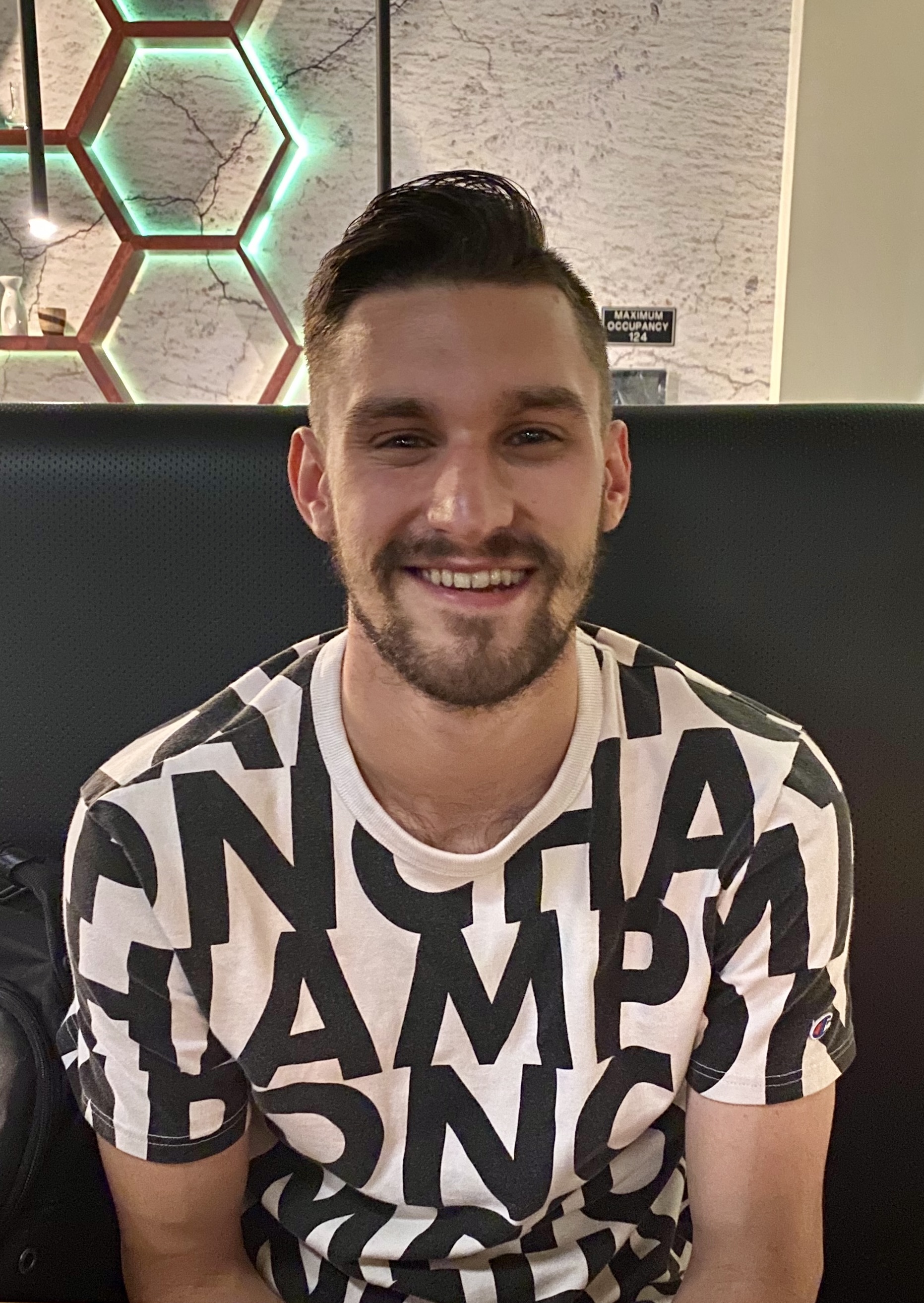Connect with hundreds of tutors like Katelyn
Who needs tutoring?
FEATURED BY
TUTORS FROM
- YaleUniversity
- PrincetonUniversity
- StanfordUniversity
- CornellUniversity

Katelyn
About Me
I have tutored formally since 7th grade, when I organized and ran a peer tutoring organization at my school. As a result of this two-year project, I was named a 2006 Distinguished Finalist for the Prudential Spirit of Community Award. I attended an early college high school program (the Texas Academy of Mathematics and Science) and volunteered in a local middle school, where I worked with struggling students one-on-one. I then transferred to Texas A&M University, where I earned a B.S. in Psychology (with a minor in Neuroscience) in 2013. During college, I tutored several Psychology and Neuroscience courses. After graduating from Texas A&M, I began a graduate program in Neuroscience at the University of Texas at Austin. While in this program, I volunteered in several reverse-inclusion courses for adults with intellectual and developmental disabilities, which renewed my interest both in teaching and in working with individuals with special needs. I am excited to work with all students, particularly those with special needs (including G/T). Please contact me with any questions you may have, and I look forward to working with you and/or your child!
Education & Certifications
Test Scores
Perfect ScoreTutoring Subjects
Connect with a tutor like Katelyn
Connect with a tutor like Katelyn
Tutors with Similar Experience

